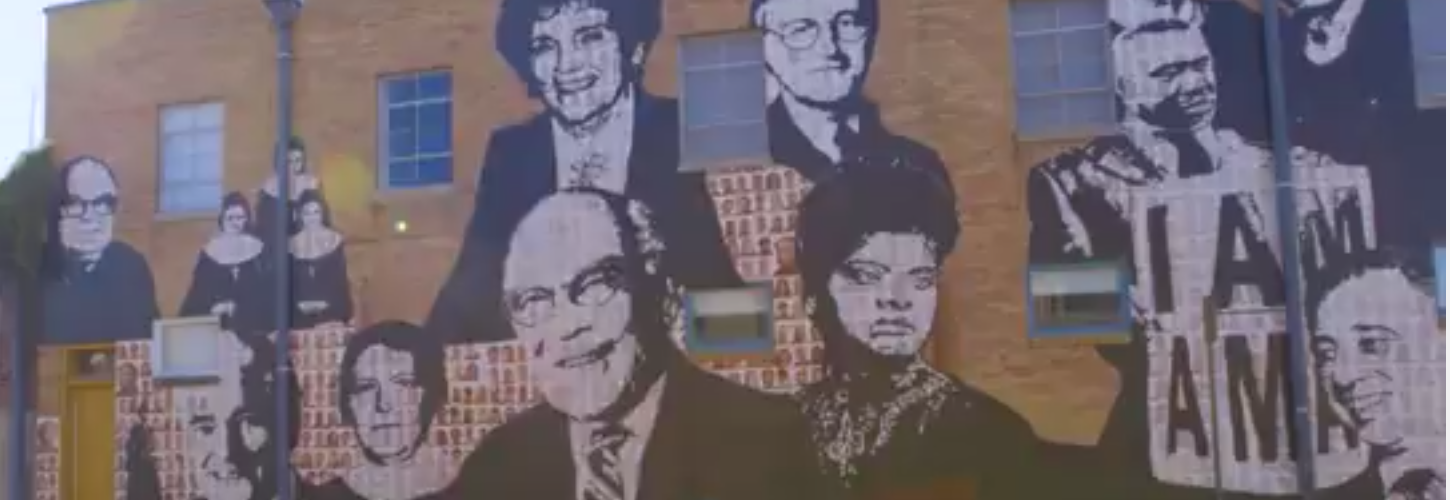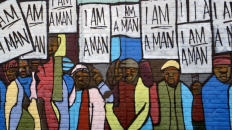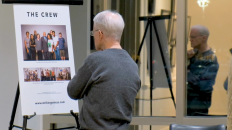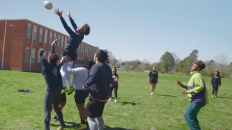Terri Lee Freeman, President of the National Civil Rights Museum (NCRM), shares with us some of the goals of the museum which stands at the Lorraine Motel, the assassination site of Dr. Martin Luther King, Jr. In addition to teaching the history behind the civil rights movement and how what happened in the past is related to what is going on today, the NCRM provokes thoughtful debate and serves as a catalyst for change.
The civil rights movement that is chronicled by the museum engaged people of multiple races, ethnicities, and religions. Terri sees that movement as the model of how we must continue if we are to move forward. She explains that since people have different realities based on their experience they can find it difficult to understand what they don’t experience.
The NCRM encourages people to see each other’s perspectives by hosting events where conversations and connections can occur. Recent museum experiences have included: an interfaith, interracial Passover seder for young adults led by Rabbi Micah Greenstein and Dr. Luther Ivory, a liberation theology professor; an evening with Revolutionary Love’s Valarie Kaur, a Sikh activist; a documentary screening and conversation with legendary Hispanic labor leader Dolores Huerta; and a presentation to the junior class of St. George’s Independent School by Vermico and Steve with One Family Memphis about friendship across differences.
Each time people choose the NCRM as the site for their peaceful protests and marches, the story of the civil rights movement continues. That movement will ultimately have to change systems and structures but, as Terri notes, “It doesn’t start without changing hearts.” The NCRM is a place where hearts can change. Thank you for opening your doors and spaces to us so we can understand each other and move forward together.




